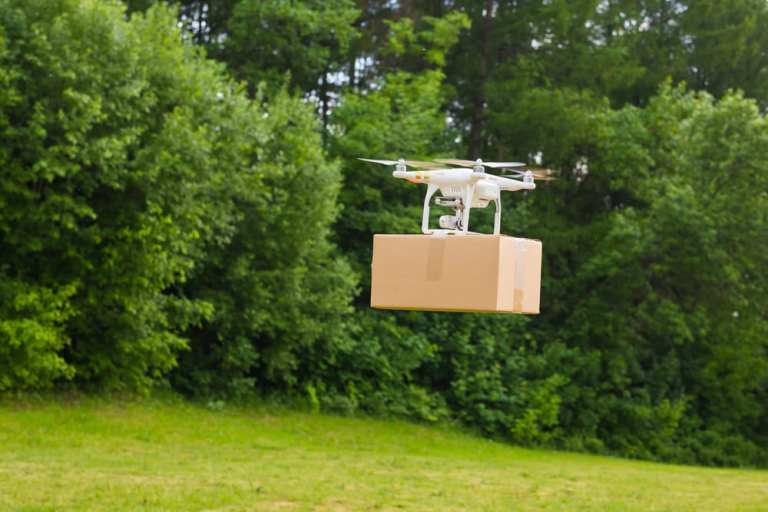Walmart Revs Up Second Test Program For Drone Delivery

Walmart is out to find out whether drones can fly through the air with the greatest of ease. For the second time in the past week, the retailer has announced a pilot program to test how well drones will pick up and deliver packages.
The latest news has Walmart launching a drone delivery operation near the company’s headquarters in Northwest Arkansas. Walmart said in a news release that the trial deliveries will use Zipline technology.
“The new service will make on-demand deliveries of select health and wellness products with the potential to expand to general merchandise,” said Walmart. “Zipline will operate from a Walmart store and can service a 50-mile radius, which is about the size of the state of Connecticut.”
Zipline’s website says the company has the “fastest and most experience drone delivery service.”
According to the release, Zipline “operates the world’s largest drone delivery network.” Zipline began its drone operations in late 2016 in Rwanda, focusing on the delivery of medical supplies. Since then, the company has “delivered more than 200,000 critical medical products to thousands of health facilities serving more than 20 million people across multiple countries.”
On Sept. 9, Walmart and Flytrex launched a pilot program in Fayetteville, North Carolina. That trial will deliver similar products to what was announced for Zipline.
In a news release, Walmart acknowledged that “it will be some time before we see millions of packages delivered via drone. That still feels like a bit of science fiction.” Nonetheless, the company said, the test program will help it to “gain valuable insight into the customer and associate experience, from picking and packing to takeoff and delivery.”
Flytrex is a pioneer in the field of drones, a business that seems poised for takeoff. Flytrex Co-founder and CEO Yariv Bash recently spoke with PYMNTS about the future of drones, as the Federal Aviation Administration (FAA) set up a framework for pilot programs. The company started making deliveries by drone in Reykjavik, Iceland in 2017. “Less than a year after, we realized that home delivery is going to be the killer application for drones,” said Bash.